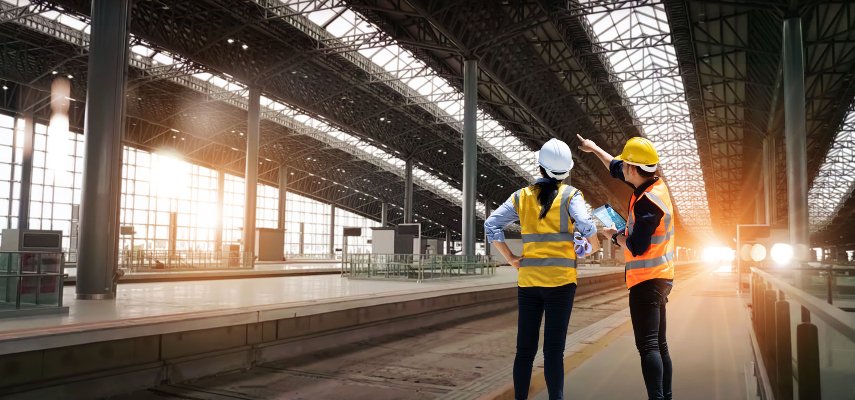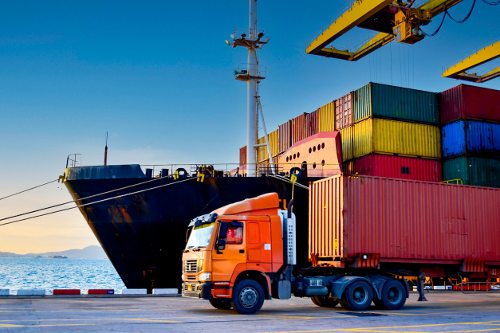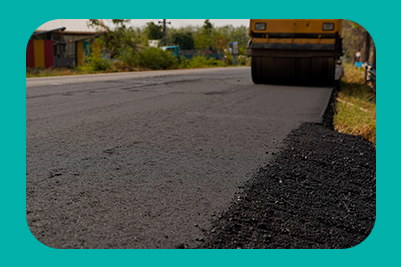
39º Congresso da ANPET: submissão de trabalhos vai até 7 de julho
Pesquisadores, profissionais e estudantes já podem preparar seus trabalhos para submissão ao 39º Congresso de Pesquisa e Ensino em Transportes da ANPET, que será realizado de 10 a 14 de novembro de 2025, em Goiânia (GO).








